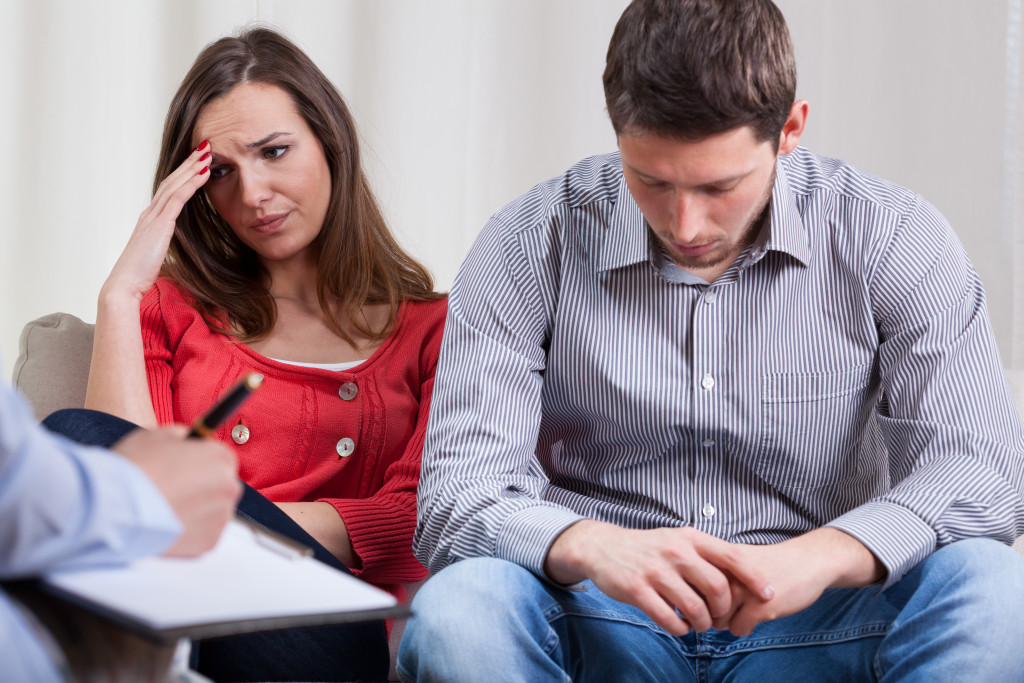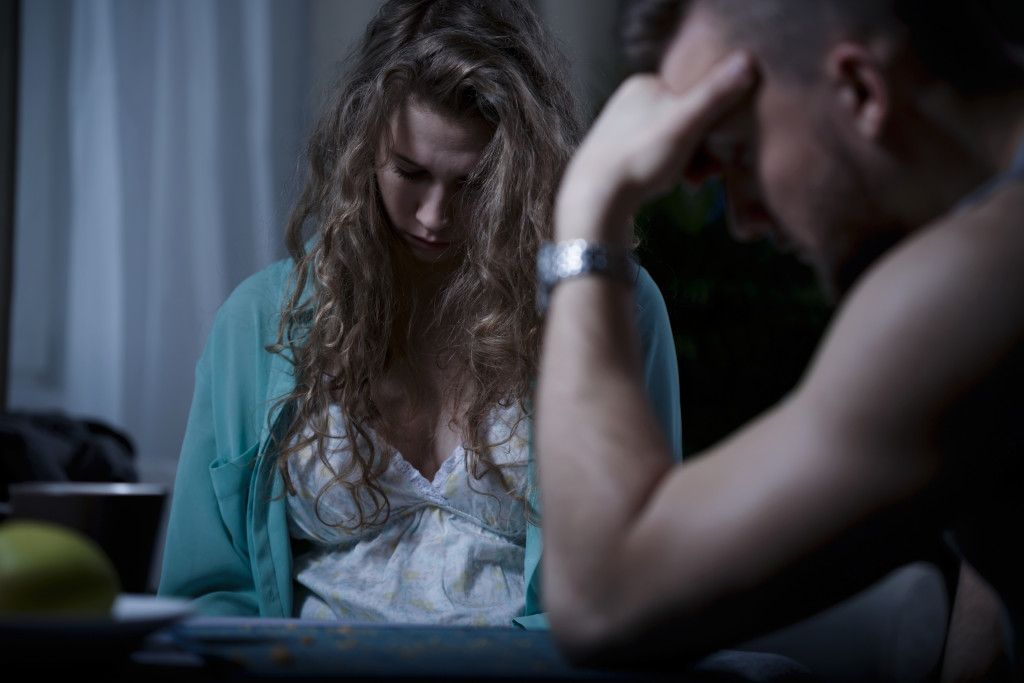- Domestic violence affects 10 million people annually and can cause long-term physical and mental health issues like depression, anxiety, PTSD, and suicidal thoughts.
- If needed, it is essential to create an escape plan with emergency documents, contacts, and legal action.
- Victims should seek help from friends and family and local resources like shelters, crisis centers, or social services.
- Don’t let the experience shatter you; use it as a chance to grow, heal, and reclaim your life with support from loved ones and the resources available.
Being in an abusive marriage can be a living nightmare. It is estimated that nearly 10 million women and men are abused by their partners each year, with most cases going unreported. Domestic violence causes not only physical pain and suffering but emotional anguish as well. Victims are often subjected to psychological manipulation, isolation, and financial abuse. In addition to this, they experience feelings of helplessness, guilt, shame, and worthlessness.
The effects of such trauma can also have a lasting impact on victims’ mental health. Studies suggest that up to 50% of domestic violence survivors experience depression, anxiety, or post-traumatic stress disorder (PTSD). Sometimes, these conditions may even lead to suicidal thoughts or attempts. Furthermore, it is believed that the risk of a suicide attempt increases seven times when domestic violence is present in the victim’s life.
Unfortunately, women in abusive relationships are particularly vulnerable to further physical and sexual abuse. Reports suggest that up to 75% of female victims experience sexual violence from their partners.
If you are in an abusive relationship, it is crucial to recognize that you are not alone and help is available. Here are a few tips to help you:
Create an Escape Plan
When stuck in an abusive marriage, it is essential to prioritize the safety of yourself and your children. Despite feeling emotionally trapped, it is crucial to remember that there are options for escaping a violent home situation and building a healthier life. Domestic violence can have serious physical, mental, and emotional health consequences for individuals and their children.
Creating an escape plan is one of the most critical steps to take when faced with an abusive marriage. This can include creating an emergency kit with important documents like birth certificates, passports, social security cards, and money, designating a safe place in an emergency, establishing contacts who can offer assistance, and preparing for possible legal action such as seeking a restraining order.
Victims of domestic violence should also contact trusted friends or family members when they feel unsafe or consider leaving the relationship. The National Domestic Violence Hotline provides 24/7 confidential advice and support to abuse victims. At the same time, local resources such as shelters, crisis centers, or social services may be able to provide financial assistance or additional resources.
Decide on What to Do with Marriage

Victims of domestic violence may find themselves in a difficult position when deciding what to do with their marriage. On the one hand, ending an abusive relationship can be incredibly empowering and provide excellent safety for both parties. On the other hand, some victims may worry about the legal implications of divorce or lack the financial resources to support themselves independently.
Here’s what you should consider when deciding on a marriage:
Counseling
Every person has a unique experience with domestic violence and should find a means of healing that works for them. Counseling can provide victims an outlet to express their emotions, work through difficult memories, and develop the skills needed to move forward.
Therapy
Therapy is often recommended for victims struggling with depression or PTSD to help them cope with their trauma and learn how to build healthier relationships in the future. It can be for your partner for their trauma, especially when it is the reason behind their violent tendencies.
Divorce
Unfortunately, divorce might be the best option for some couples. However, it is essential to recognize that this process can be difficult and expensive. Victims may need legal advice or financial assistance to navigate the process and ensure their safety during this time. It would help if you considered hiring a reliable divorce lawyer to help you understand your state’s laws and secure a fair settlement for both parties.
Annulment
There will be times when annulment is the best option. This is a process in which a marriage will be declared invalid, creating a more accessible and less expensive alternative to divorce. The grounds for an annulment vary from state to state. Still, they typically include bigamy (one partner was already married), fraud or misrepresentation, the underage status of one partner, and mental illness.
Don’t Let the Experience Shatter You

Leaving an abusive marriage can be overwhelming and frightening. It is important to remember that the experience doesn’t have to define you or your future relationships. Don’t let the experience shatter you; instead, use it as an opportunity to grow and heal. You are strong and capable of moving forward with your life healthily.
You can also gather support around you, especially your family and friends. They can provide the emotional and practical support needed to break free from an abusive marriage and reclaim your life. Additionally, numerous resources are available to domestic violence victims, such as shelters, hotlines, and counseling services. Research these options to find the best fit for your situation and know you are not alone. You have the strength and courage to move beyond this difficult period in your life.
Final Thoughts
Being stuck in an abusive marriage can be a living nightmare, and it is vital to recognize that you are not alone. Taking steps towards safety, such as creating an escape plan and deciding what to do with your marriage, are crucial for those dealing with domestic violence. Don’t let the experience define you; instead, use it as an opportunity to grow and heal. With the right support system and resources available, abuse victims can begin reclaiming their lives.

